In the future, Ford vehicles will automatically slow down in certain areas, such as schools and hospitals thanks to a technology called Geofencing. The latter is currently being tested in real conditions in Cologne. THEThe forced speed reduction system ensures that the car does not exceed the imposed speed limit. Ford believes that the automatic deceleration of the car will save the driver from fines and reduce the risk of accidents.
This technology is already used on Ford vehicles (and others) with adaptive cruise control, and ensures that the driver does not exceed the set limits. The essential difference of Geofencing is that the speed limit will be for all vehicles entering certain areas with very low speed limits.
Ford shared a video of the Geofencing test in Cologne, which shows the system installed on Ford E-Transit test prototypes. This is a joint project of City, Ford City Engagement and Ford Engineering in Palo Alto.
In the future, Ford intends to introduce geofencing technology in all of its commercial and passenger vehicles. It is assumed that car owners will be able to determine the zones at the entrance where the car will be forced to slow down. If necessary, the system can be forcibly shut down.
Volvo was the first car manufacturer to forcibly limit the top speed of cars. Since 2020, the company has been producing cars that cannot exceed 180 kilometers per hour. The Swedish brand explains that this is part of a strategy to reduce deaths and injuries on the roads. In fact theSpeeding is a leading cause of fatal road accidents. Volvo believes that drivers “have no real reason to go faster than 180 kilometers per hour”.
Ford Geofencing in test fino al 2023
Specifically, the researchers are using two vehicles from the Ford Pro range to analyze the impact of speed limits for the improving traffic and reducing the risk of accidents. Tests with Ford E-Transit electric vans extend to all zones at 30 km / h in the center of the German city of Cologne. To these are added selected areas, with limits of both 50 km / h and 30 km / h, present in the German city.
The driver, however, can cancel the system and disable the speed limit check at any time. In the future, Ford’s Geoperimeter Speed Limit Control system might allow to set up their own “geofencing” areas, even at speeds of up to 20 km / h.
And speed limits could also be dynamically set. For example, taking into account different times of the day, highly localized riskstemporary road works or events on public roads.
The proof, that will last until March 2023, it is part of broader research initiatives testing Ford E-Transit prototypes and pre-production vehicles. These are tested in a variety of real-world scenarios, including postal, municipal and public utility services.






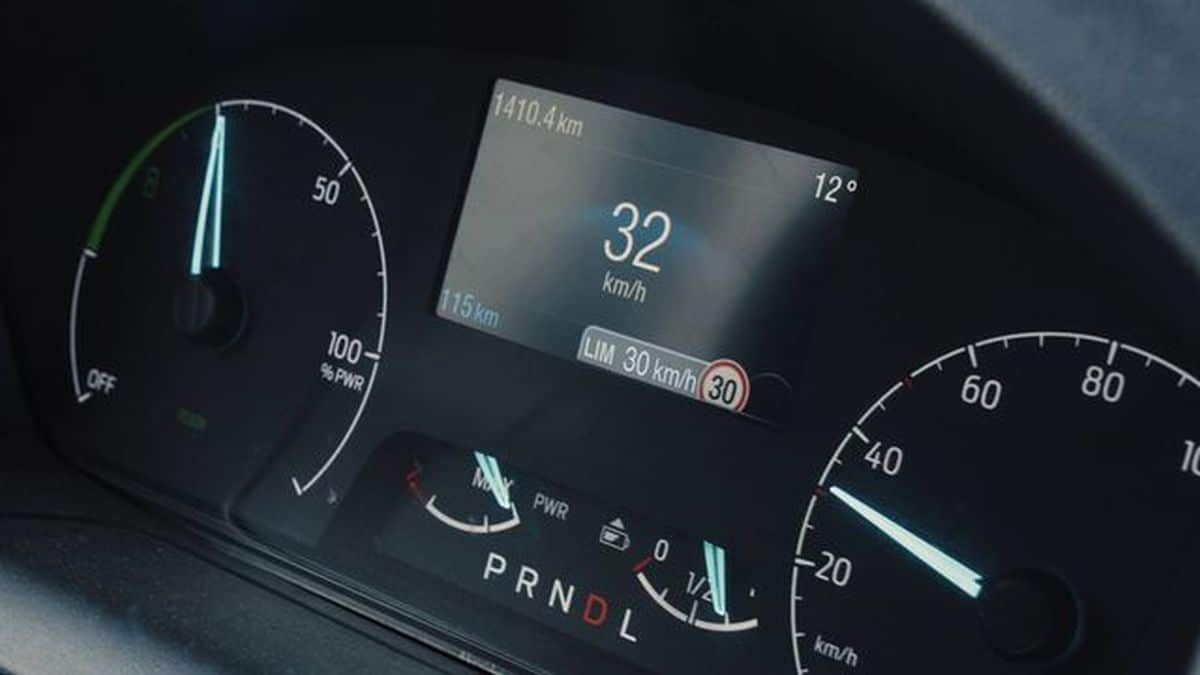
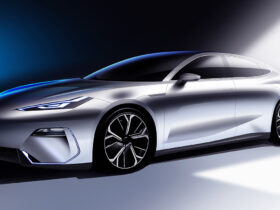


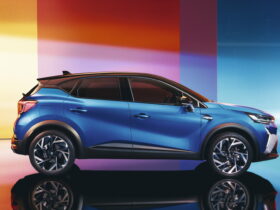

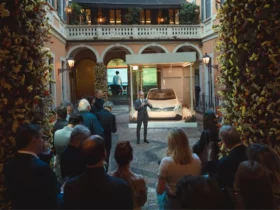
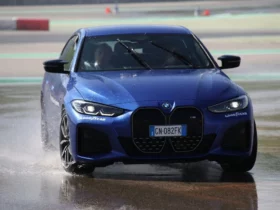
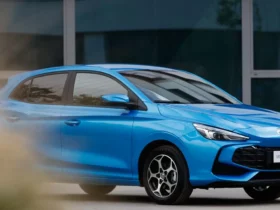
Leave a Reply
View Comments